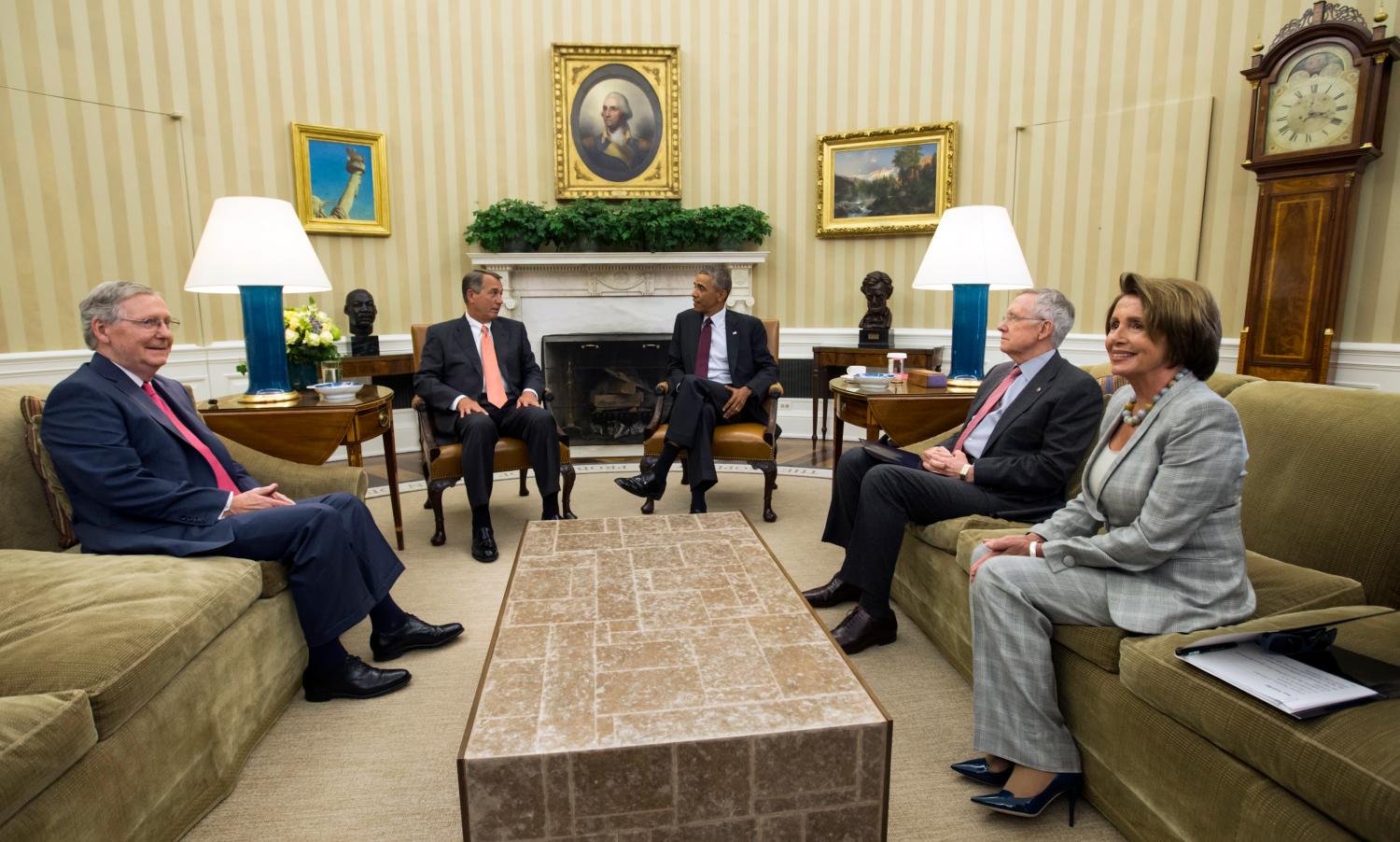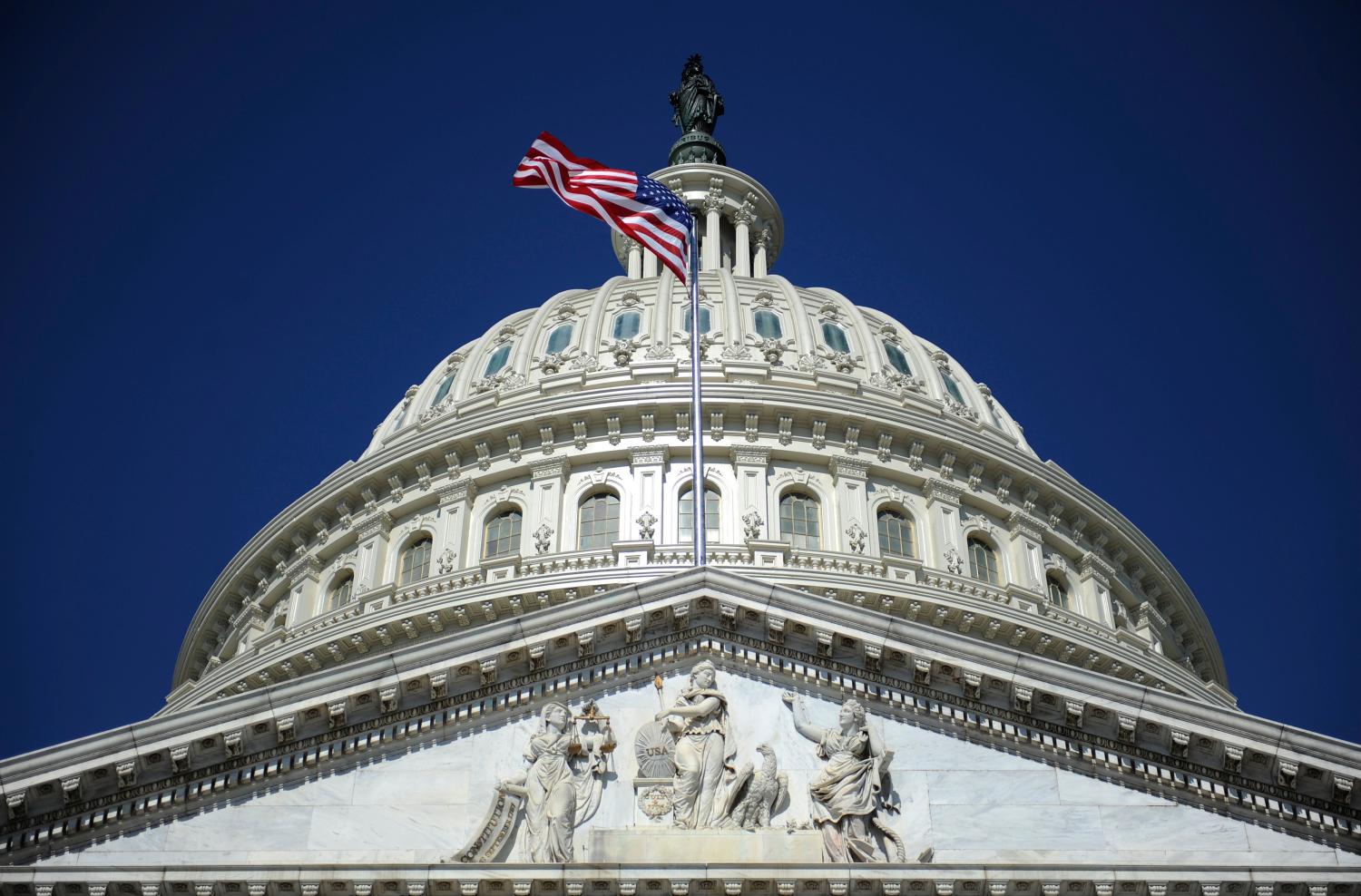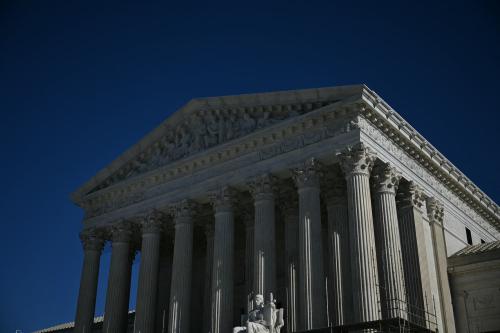From political polarization to a failure of leadership to weak campaign finance laws, there are a number of perceived reasons as to why Congress fails to do its job. But a growing chorus of political commentators, and even some prominent political scientists, now point to long-established transparency and accountability norms as impediments to getting things done on Capitol Hill.
Executive Director of the Bauman Foundation Gary D. Bass, Executive Director of the Project On Government Oversight Danielle Brian, and Ambassador Norman Eisen counter the notion that transparency and open government efforts impede governing. Bass, Brian, and Eisen respond to the critics of transparent government and disabuse those who advocate a return to behind-closed-doors deal-making and smoke-filled rooms far from the public’s view. Despite the difficulties associated with added public scrutiny, transparency in government remains an essential force for keeping regulators honest, enhancing public safety, uncovering abuses of government, and revealing the fleecing of taxpayer money, these writers argue.
The authors write that it’s more — not less — transparency that’s needed to solve the problems currently plaguing Washington. Open, transparent government operations remain the most powerful tool to combat government dysfunction and reinvigorate the public’s trust.
The Brookings Institution is committed to quality, independence, and impact.
We are supported by a diverse array of funders. In line with our values and policies, each Brookings publication represents the sole views of its author(s).







